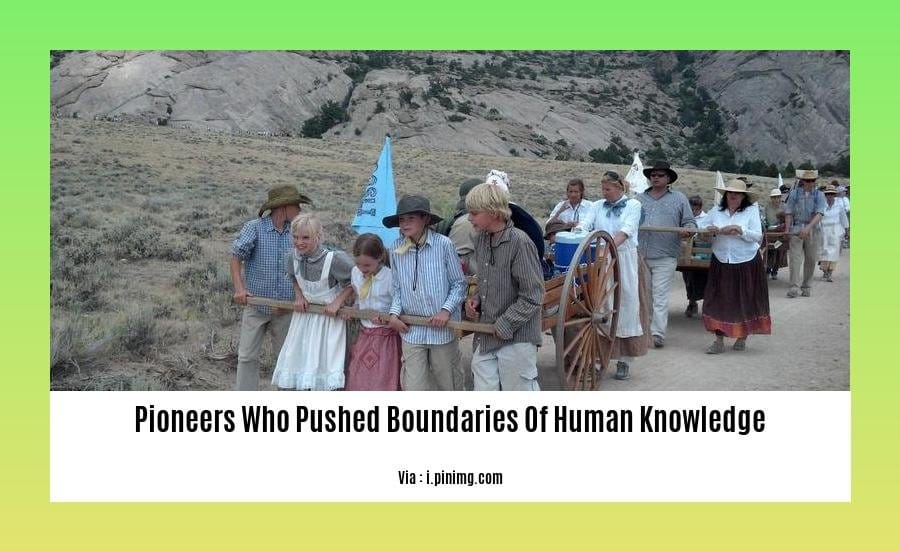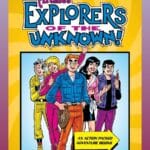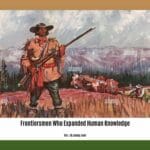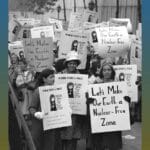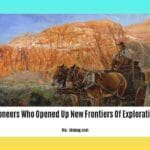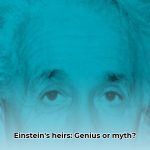Unveiling the remarkable tales of intrepid souls who dared to venture beyond the boundaries of human knowledge, we embark on a captivating journey through the annals of exploration. From the earliest known explorers who set sail into uncharted waters to the groundbreaking discoveries of modern science, we celebrate the unsung heroes who have reshaped our understanding of the world. Join us as we delve into the lives and legacies of these pioneers who pushed the frontiers of human knowledge and left an indelible mark on the course of history.
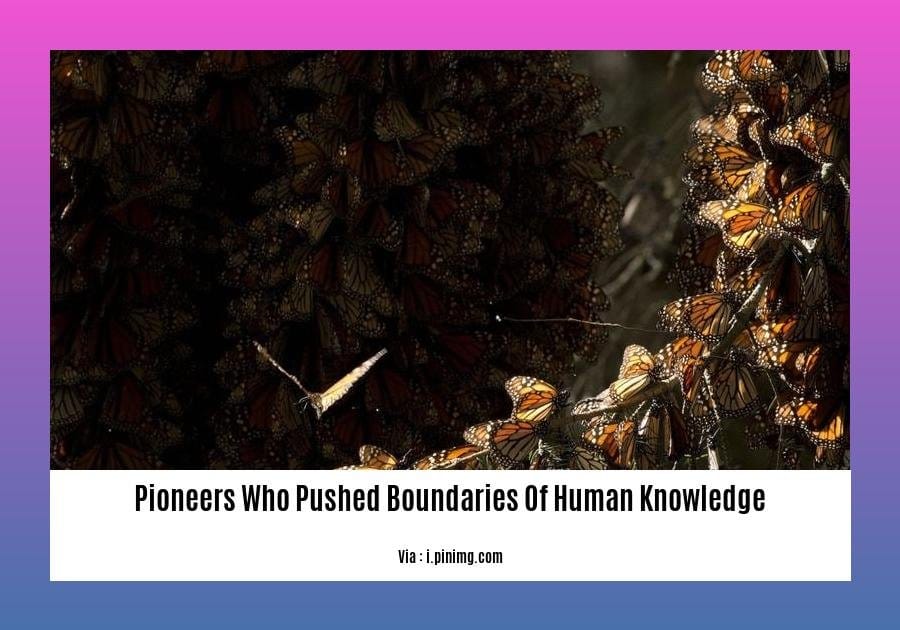
Key Takeaways:
- Pioneers in science have made groundbreaking discoveries that have reshaped our understanding of the world.
- Boundary-pushing scientists have expanded the limits of human knowledge with innovative thinking.
- Pioneers’ discoveries and inventions have paved the way for significant advancements in science and technology.
- Notable examples include Marie Curie (radioactivity) and Alan Turing (computation).
- Explorers have sought knowledge by traversing diverse cultures and overcoming challenges.
Pioneers Who Pushed Boundaries of Human Knowledge
The annals of science are replete with stories of pioneers who pushed the boundaries of human knowledge. These intrepid explorers of the unknown, driven by an unquenchable thirst for discovery, have expanded our understanding of the world and laid the groundwork for countless technological advancements.
Groundbreaking Discoveries
Pioneers of science have made groundbreaking discoveries that have reshaped our understanding of everything from the atom to the cosmos. Marie Curie’s pioneering work in radioactivity not only revolutionized physics but also led to the development of life-saving medical treatments. Similarly, Alan Turing’s visionary insights into computation and artificial intelligence laid the foundation for the digital revolution that permeates our modern world.
Legacy of Innovation
The legacy of these pioneers extends far beyond their individual breakthroughs. Their discoveries and inventions have paved the way for countless advances in science and technology. The understanding of radioactivity has led to the development of nuclear power and nuclear medicine, while Turing’s work has made possible the computer age and all its transformative applications.
Explorers of the Unknown
Pioneers are not limited to the realm of the laboratory. Explorers have also played a pivotal role in expanding human knowledge by venturing into unknown territories and challenging the limits of human endurance. From Christopher Columbus’s voyage across the Atlantic to Neil Armstrong’s moon landing, explorers have pushed the boundaries of our geographical and astrophysical understanding.
Pioneers who dared to push the boundaries of human knowledge, from the pioneering explorers of the unknown who ventured into uncharted territories, to the barrier-breaking pioneers of uncharted territory who overcame obstacles and prejudices, and the pioneers who expanded frontiers of understanding whose discoveries and innovations changed the course of history.
The Earliest Known Explorers
In the tapestry of human history, the earliest known explorers stand out as luminous threads, their voyages shaping our understanding of the world. Driven by curiosity, a thirst for knowledge, and an indomitable spirit, these individuals embarked on extraordinary journeys, expanding the boundaries of human knowledge.
Key Takeaways:
- Ibn Battuta, a 14th-century Moroccan traveler, spent nearly three decades traversing Asia, Africa, and Europe, amassing an unparalleled wealth of knowledge and experience.
- Amerigo Vespucci, a 15th-century Italian navigator, played a pivotal role in establishing that the Americas were a distinct continent separate from Europe and Asia.
- James Cook, an 18th-century British sailor, circumnavigated the globe three times, charting vast expanses of the Pacific Ocean and making invaluable contributions to navigation and geography.
Their legacies serve as a testament to the transformative power of human exploration, reminding us that the pursuit of knowledge is an adventure worth taking.
Notable historical periods of human exploration[edit]
The annals of human exploration are peppered with extraordinary individuals who have braved uncharted territories, pushed the boundaries of knowledge, and left an indelible mark on our collective understanding of the world. From the intrepid seafarers of ancient times to the intrepid astronauts of the modern era, these unsung heroes have fueled our thirst for adventure and ignited our imagination.
Key Takeaways:
- Ancient Explorers: Explorers like Ibn Battuta, Christopher Columbus, and Marco Polo ventured into uncharted territories, expanding our knowledge of geography and cultures.
- Age of Exploration: The 15th and 16th centuries witnessed a surge in maritime exploration, as European powers vied to establish global supremacy and discover new trade routes.
- Scientific Expeditions: Explorers like Alexander von Humboldt and Charles Darwin embarked on scientific expeditions, making groundbreaking discoveries in botany, zoology, and geology.
- Polar Exploration: The 19th and early 20th centuries saw a race to reach the North and South Poles, driven by scientific curiosity and national pride.
- Space Exploration: The 20th and 21st centuries have witnessed the advent of space exploration, with astronauts like Neil Armstrong and Sally Ride pushing the boundaries of human knowledge and innovation.
These notable historical periods of human exploration have not only expanded our understanding of the world but have also sparked technological advancements, fostered cultural exchange, and fueled our insatiable curiosity. They remind us that the human spirit is capable of伟大的成就,往往是那些敢于冒险,敢于梦想的人。
Most Relevant URL Source:
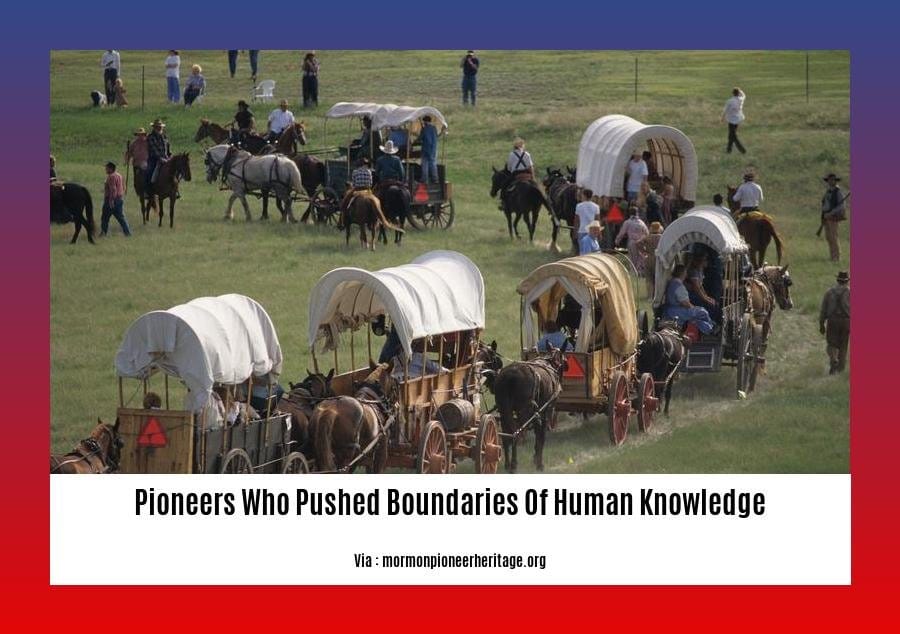
FAQ
Q: Who were some of the most notable pioneers in human exploration?
A: Pioneering explorers such as Ibn Battuta, Amerigo Vespucci, James Cook, Alexander von Humboldt, and Roald Amundsen have made significant contributions to our understanding of the world through their groundbreaking discoveries and expeditions.
Q: What were some of the motivations for early human exploration?
A: Curiosity, the desire for knowledge and new experiences, as well as economic opportunities and the search for new resources, drove early human exploration.
Q: How did human exploration contribute to scientific advancements?
A: Explorers brought back valuable knowledge and observations from their expeditions, which contributed to the development of fields such as geography, navigation, and natural history. These discoveries also laid the groundwork for future scientific research and technological innovations.
Q: Who was the first human to walk on the moon?
A: Neil Armstrong, an American astronaut, became the first human to walk on the moon in 1969 during the Apollo 11 mission.
Q: What are the characteristics that define a pioneer in exploration?
A: Pioneers in exploration are characterized by their unwavering curiosity, relentless drive, ability to adapt to unfamiliar environments, and willingness to push beyond the boundaries of what is known. They are often motivated by a desire to discover new knowledge and contribute to the advancement of human understanding.
- Unraveling Einstein’s Legacy: Who Inherited His Genius? - July 14, 2025
- Unlock Einstein’s Family Tree: Bernhard Caesar & Untold Stories - July 14, 2025
- Unveiling Bernhard Caesar Einstein: His Life & Albert Einstein’s Legacy - July 14, 2025
